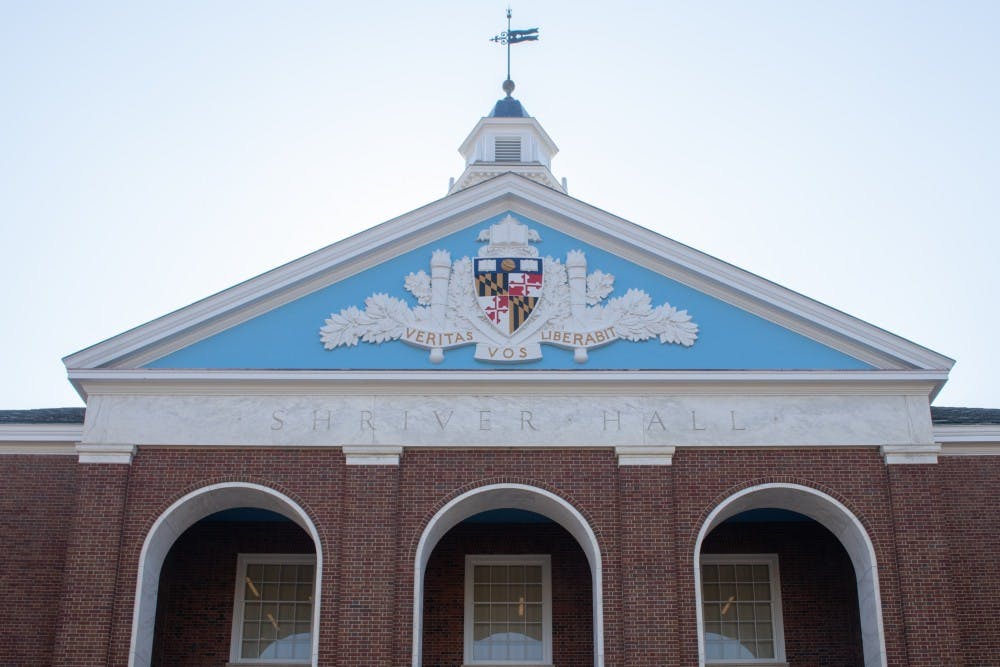The Life Design Lab, previously the Homewood Career Center, is now focusing on allowing students to identify their strong areas of interests and inspiration and experimenting with them to advance their career. This marks a departure from the previous center, which was primarily based around career planning and the job search.
The Life Design Lab has also moved from a transaction-based service model, where students signed up for one-on-one advisor meetings and which required a high number of staff and individual staff hours, to a more connection-based and community-based learning, in order to engage more students.
To this end, the University has reorganized the Life Design Lab around fields of study. Staff members with the Life Design Lab have been redeployed to each of the departments across the Whiting School of Engineering and the Krieger School of Arts and Sciences and are now referred to as life design educators.
Every student will be assigned to a life design educator based on their major, and each educator will be responsible for a group of students with similar areas of interests.
The educators will help to engage them with employers, alumni mentors, internships, student employment, service learning, study abroad and research opportunities through a series of relevant workshops.
Farouk Dey, the University’s inaugural vice provost for integrative learning and life design, stated that the new system of assigning a life educator to each student will help more students gain immersive, significant experiences and connect with mentors and employers.
“I believe that in this way we will impact as many students as possible,” Dey said. “We are now no longer expecting students to come into a center where they have to schedule appointments, attend job fairs and have their resume critiqued.”
Additionally, the Life Design Lab will assign life design educators to non-academic communities. The Life Design Lab will also run Seizing Opportunities, Access and Relationships (SOAR), a new department that focuses on promoting inclusion and providing equitable access to opportunities for students.
The educators in SOAR will be assigned to co-curricular aspects of University life, including athletics, residential life, fraternities and sororities and the Office of Multicultural Affairs.
However, not everyone knows about the new resources they have. Freshman Jocelyn Shan commented that she had not heard about the Life Design Lab.
“I didn’t really know that it existed, so I haven’t really looked into it,” she said. “Perhaps more publicity on social media could improve the use of it because that’s where I get most of my school news.”
Dey also agreed that there had been limited communication with students and faculty regarding the implementation of the Life Design Lab. He stated that it is important for changes to be communicated appropriately so that members of the community understand the future direction of the new installment and can get involved with the initiative.
“The average career center in typical universities usually engages about one-third of the student population,” he said.
He further commented that one of the biggest challenges facing the former Homewood Career Center is the need to change the University’s culture of thinking regarding career planning.
This culture often forces students to decide what path they want to pursue relatively early on in their undergraduate experience, rather than allowing them to explore various options that they find engaging.
“We have to persuade and convince all of the community members that career planning is not effective,” he said. “We would want to be successful at having our advisors to not ask students what they want to do with their majors and careers, expecting students to already have their plans. This is a question that essentially forces students back to a culture that expects them to have a career plan.”
A big part of this new philosophy is to encourage students to look for inspiration and create action plans on how they follow through with their inspirations by experimenting and connecting with people.
Dey suggested that educators should be asking students questions about their goals and their plans to reach them.
“What have you been inspired by lately? What are your audacious moves to make that inspiration to come to life?” he offered.
Although the program still has some areas of development left to be completed, more resources and spaces will be added as the year continues in order to better help students explore their interests and make connections with potential mentors in their prospective fields.





